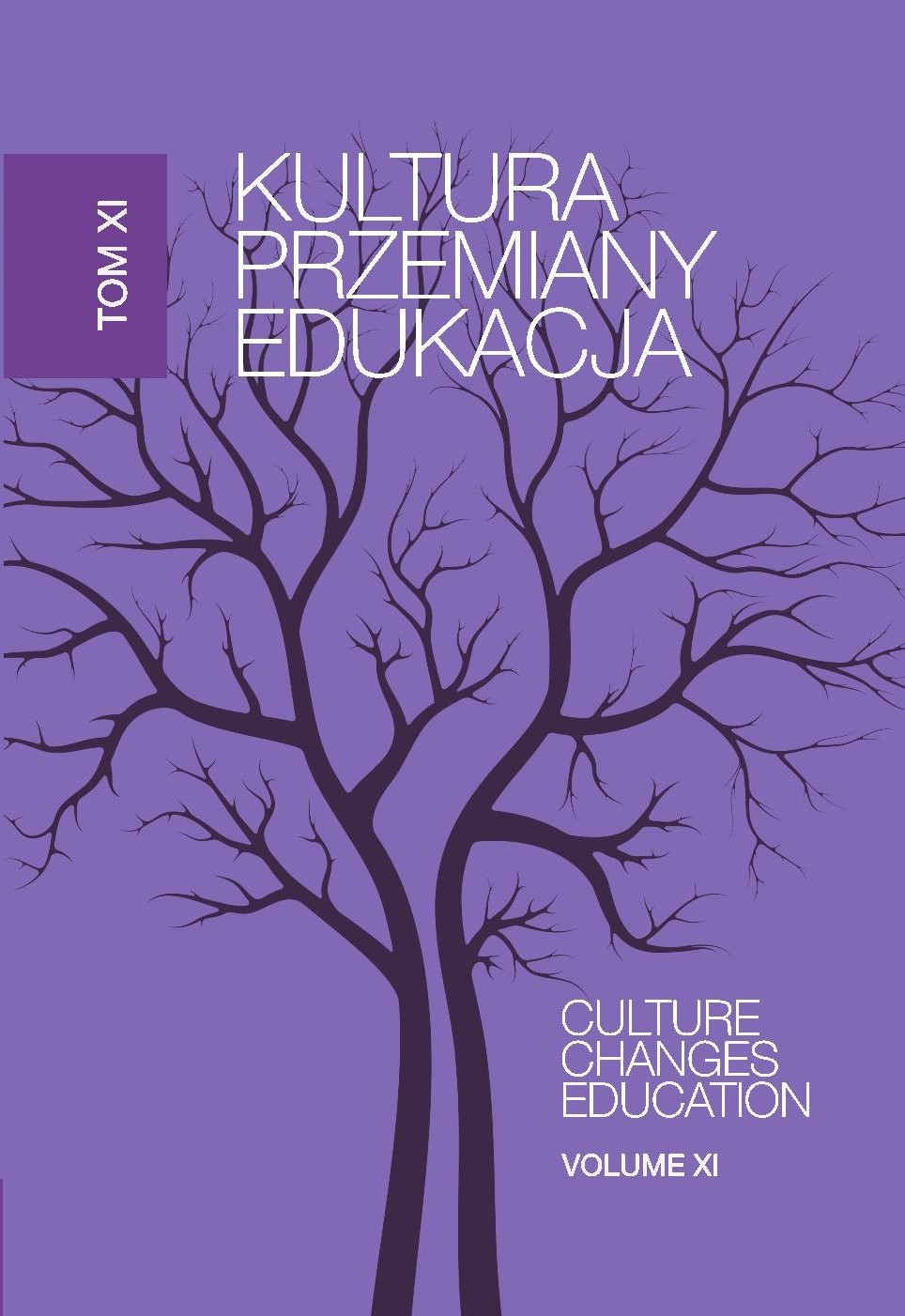Fake News as the axis of contemporary Higher Education
DOI:
https://doi.org/10.15584/kpe.2022.11.11Keywords:
fake news, ICT, higher education, digital competence, Spain, TIKAbstract
New digital trends are generating new habits in society. The democratization of mobile devices, such as smartphones, has caused a new paradigm in areas such as access to information and the skills necessary to be an active part of society. The end of this revolution is still impossible to define, however, there are already numerous customs that have been displaced towards virtual contexts. The latest generations are verifying how Information and Communication Technologies (ICTs) are the axis of daily processes, one of them being access to information. During the last decades, the change regarding the consumption of information, as well as entertainment, has become evident, with a clear conversion towards fast and digital reading content. A situation which repercussions are manifested transversally in society, from those generations that have grown up with physical newspapers to the most recent ones and who find non-daily news obsolete. Its impact in the educational field is reflected when considering the personal development of students and their preparation for the 21st century. It is a context in which digital skills are no longer complementary but necessary, from the personal sphere to the professional through the social. Training requirements are reflected in institutions such as higher education, both university, and professional training.
Downloads
Published
How to Cite
Issue
Section
License
Copyright (c) 2022 KULTURA – PRZEMIANY – EDUKACJA

This work is licensed under a Creative Commons Attribution-NoDerivatives 4.0 International License.


